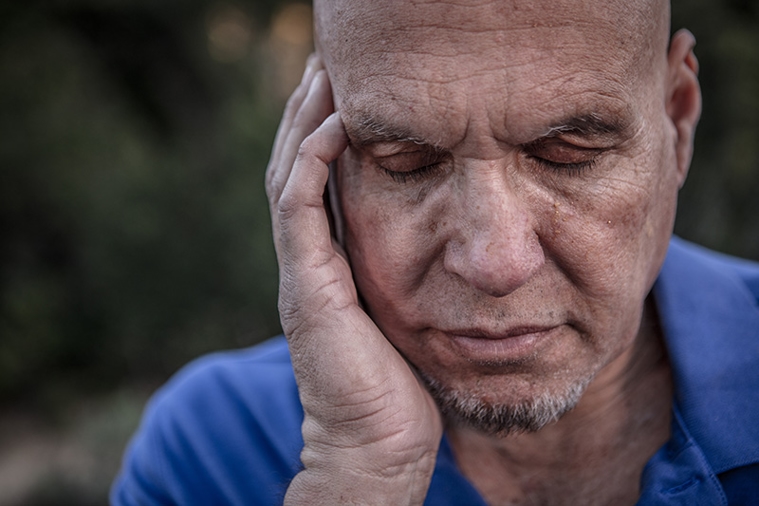Spirits… and Spirituality
Apr 4, 2022

Hailey Blair, Substance Use Counselor, Adventist Health Howard Memorial
While plenty of individuals can safely enjoy a few drinks at a time on social occasions, others are not so fortunate. According to the Centers for Disease Control and Prevention, an estimated 95,000 people (approximately 68,000 men and 27,000 women) die from alcohol-related causes annually, making alcohol the third-leading preventable cause of death in the United States. A substance that is so ingrained in our social culture proves difficult to avoid as the NIH estimates that nearly 86 percent of adults reported that they’ve drank alcohol at some point in their lifetime.
We see these numbers reflected locally, too. An internal review of toxicology tests performed by Millennium Health, our drug test partner, showed that Mendocino County has the highest detected alcohol use rate in the four neighboring counties—with a rate five times higher than Sonoma County and more than twice as high as Humboldt County.
Genetic factors have been shown to increase risk of an SUD (substance use disorder) by around 50%, and trauma researchers have found a correlation with substance use as well. Regardless of the cause, when a person moves from occasional drinks for fun to drinking to deal with turmoil and emotional pain, problems are sure to arise. This is a common thread found among those with alcohol use disorder—a lack of spiritual grounding.
If you interview a person with alcohol use disorder, they will often tell you that when they took their first drink, a warm, nourishing, and visceral sensation filled their chest where loneliness and fear once festered. They describe the liberation of guilt, shame, pain, remorse, and all other woes. In their place, a temporary sense of relief and confidence that things will be OK. Substances can seem like a great replacement for rewards of a spiritual nature, which is why people who use them for emotional relief often struggle so hard to let go of the substance when the bottom invariably falls out. The substance begins to create more problems than it solved, yet people still hold onto their crutch for fear of falling.
People with an alcohol use disorder have a common trait of personality change. The loss of choice and control in who and how they are in the world under the grip of alcohol leads to a spiraling hopelessness. For this population, a spiritual grounding is critical. Ingestion of this substance breaks down our ability to connect as it simultaneously deteriorates the body. Because of this, recovery must be about finding purpose and meaning. It requires a deep commitment to growth, a developed tolerance for discomfort, and acquisition of the ability to feel a sense of awe and wonder. These, once again, are matters of the spirit—the gifts we find in nature, in human connection, and in being a part of the relief of suffering for other sentient beings. Without this, toleration of life sober is simply unbearable.
At Adventist Health, we offer individualized treatment plans to work with people on the things that matter to them, to help them rediscover that sense of awe and wonder they may have lost, and hopefully find a new identity through purpose and meaning.
If you or someone you know is struggling with alcohol, contact our services today.
- Redwood Wellness Recovery Program at Howard Memorial in Willits, 707-459-6115
- Ukiah Wellness Program, 707-274-9299
- Adventist Health Lucerne Clinic, 707-274-9299


